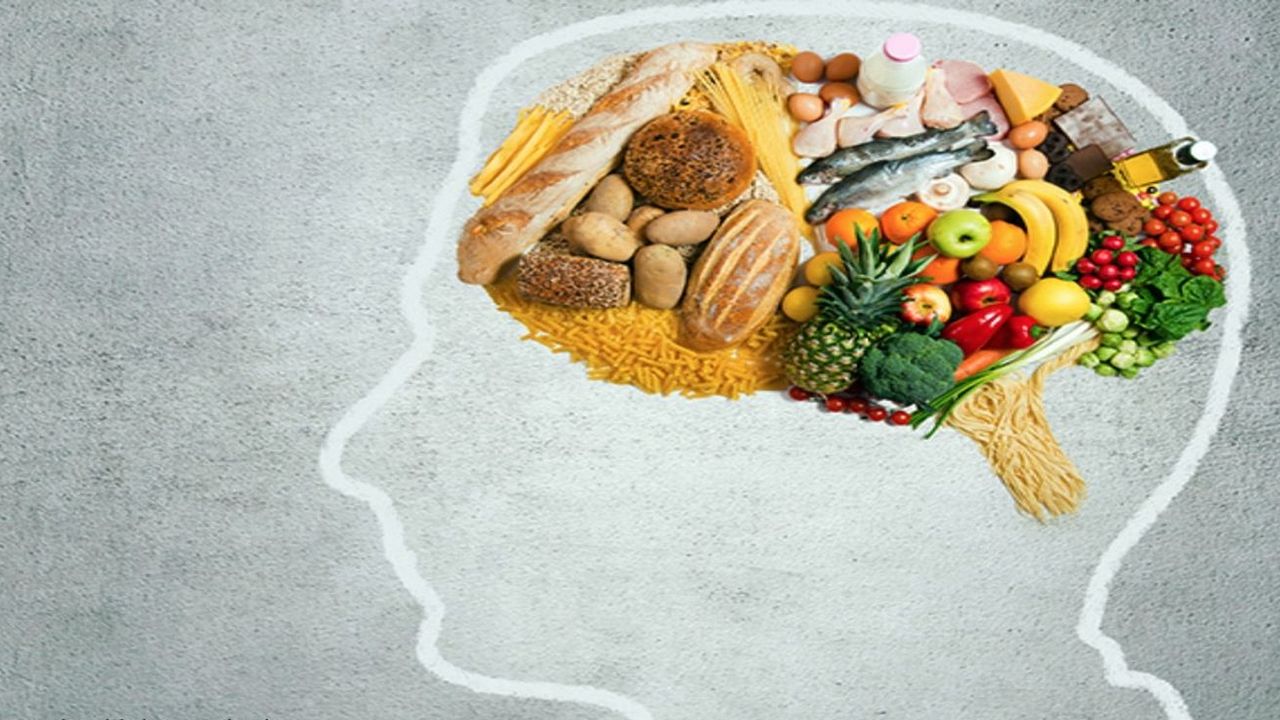
Importance of Healthy Eating for Seniors
As individuals age, the significance of maintaining a healthy diet becomes increasingly crucial. Healthy eating habits and high-quality supplements like Anita Grant products play a fundamental role in the overall well-being and quality of life of seniors. As the body’s nutritional needs change with age, adopting specific dietary practices becomes essential to support health, energy levels, and disease prevention.
Balanced and Nutrient-Dense Meals

Seniors should focus on consuming balanced and nutrient-dense meals. A diet rich in fruits, vegetables, lean proteins, whole grains, and healthy fats can provide the necessary nutrients for maintaining good health. Including a variety of colors in meals ensures a wide range of essential vitamins and minerals, supporting various bodily functions and bolstering the immune system.
Adequate Hydration
Dehydration can be a significant concern for seniors. With age, the sensation of thirst might decrease, leading to inadequate water intake. Proper hydration is vital for bodily functions, including digestion, circulation, and temperature regulation. Seniors should aim to drink an adequate amount of water throughout the day, which might include consuming other fluids like herbal teas, low-sodium broths, and fresh fruit juices.
Portion Control and Moderation
Portion control becomes more critical for seniors as their metabolic rate may slow down. Practicing moderation in meal portions helps prevent overeating and maintains a healthy weight. Smaller, frequent meals can also aid in digestion and nutrient absorption.
Focus on Nutrient-Rich Foods

Seniors should emphasize nutrient-rich foods over empty-calorie options. Choosing whole foods over processed ones ensures a higher intake of essential nutrients. For instance, incorporating foods like nuts, seeds, and dairy products rich in calcium can support bone health, reducing the risk of osteoporosis.
Mindful Eating and Chewing
Mindful eating involves being present while consuming meals, paying attention to hunger cues, and savoring each bite. Taking time to chew food thoroughly aids in digestion and nutrient absorption, preventing issues such as indigestion and gastrointestinal discomfort.
Limiting Sodium and Sugar Intake
High sodium intake can lead to issues such as high blood pressure and cardiovascular problems. Seniors should be mindful of their salt consumption, opting for herbs and spices to flavor meals instead. Similarly, reducing sugar intake helps manage weight and can lower the risk of conditions such as diabetes and obesity.
Regular Meal Schedule
Establishing a regular meal schedule can be beneficial for seniors. Consistency in meal times helps regulate metabolism and energy levels. Eating at consistent intervals can also assist in better digestion and nutrient absorption.
Social Dining and Community Involvement
Eating meals in the company of others can contribute to a more enjoyable dining experience for seniors. Social dining fosters a sense of community, reduces feelings of loneliness, and encourages healthier eating habits.
Consulting a Nutritionist or Healthcare Professional
Each individual’s nutritional needs may vary. Consulting a nutritionist or healthcare professional can provide personalized guidance, ensuring seniors meet their specific dietary requirements. Such professionals can offer advice tailored to an individual’s health conditions and dietary restrictions.
In conclusion, healthy eating habits are paramount for seniors to maintain a high quality of life. By focusing on nutrient-dense foods, adequate hydration, portion control, and seeking professional advice when necessary, seniors can significantly enhance their overall health and well-being. Adopting these habits can help seniors lead more vibrant, active, and fulfilling lives in their later years.




